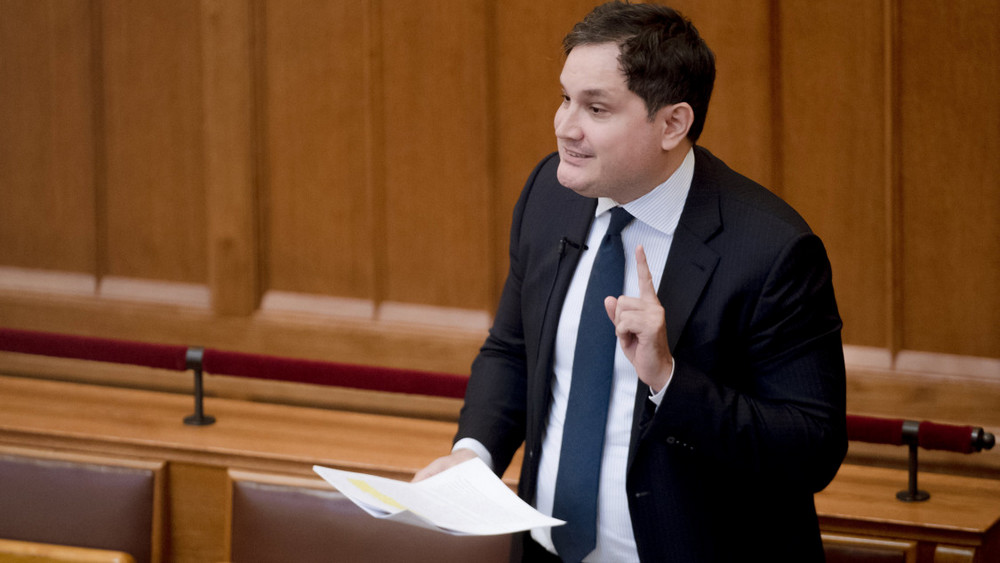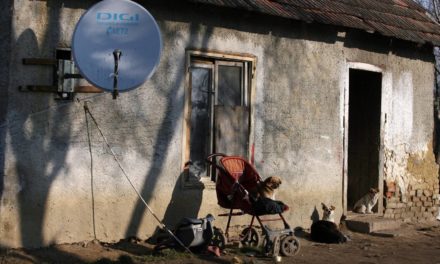The strengthening of the regulatory role of the state and the application of price controls are necessary because of the negative cost shocks that hit the population, the Prime Minister's chief economic adviser told the Hungarian Nation. Márton Nagy emphasized in Friday's issue that unusual steps are necessary in unusual situations, for example, price regulation is not a very common step, but due to the epidemic, the operation of some sub-markets is showing disturbances, supply chains are stuck, households are affected by the energy crisis, inflation and the accompanying interest rate shocks.
He explained that the interest rate freeze gives banks and customers half a year to switch from variable to fixed interest loans. He added that based on market expectations, the Hungarian yield curve may become inverted. This means that short-side yields will already be higher than long-side yields. Therefore, without an interest rate cap, customers are better off if they continue to repay as a fixed loan rather than a variable one, he said.
The chief consultant said that the renegotiation of a loan is time-consuming and involves costs, so it is important to break down these barriers in this transitional half-year and to make the renegotiation work almost automatically.
He said that the retail credit market is strong, as there is still a high degree of central bank and state support. On the other hand, there is no central bank support on the corporate credit market, and the discounted state-supported Széchenyi card program is only available for half a year, until the end of June 2022, due to the state support rules of the European Union.
Márton Nagy believed that it would be worthwhile to keep the green home purchase loan and choc loans in the residential loan market, and to bring back the targeted Central Bank Growth Loan Program and Growth Bond Program, which finance green investments, in the corporate loan market.
According to the chief adviser, both economic growth and inflation could be around 5 percent this year. This year's growth can be driven by the investment rate exceeding 25 percent and soaring consumption, said Márton Nagy, who explained that the population's disposable income will be 30-35 percent higher in the first quarter of 2022 compared to the same period in 2021. The minimum wage increase, sectoral wage increases, exemption from social security for 25-year-olds, gun money and the 13th monthly pension are permanent, while the family social security reimbursement works as a one-time transfer
According to the chief consultant, the big issue is the use of the one-time transfer of nearly HUF 600 billion. An average household consumes 81 percent of its income, spends 9 percent on investments and buying a new home, and saves 10 percent. With one-time transfers, the savings rate can be higher, but even so, 60-65 percent of the one-time transfer can go to consumption, including the purchase of goods, explained Márton Nagy.
MTI
Cover photo: MTI Photo/Koszticsák Szilárd













